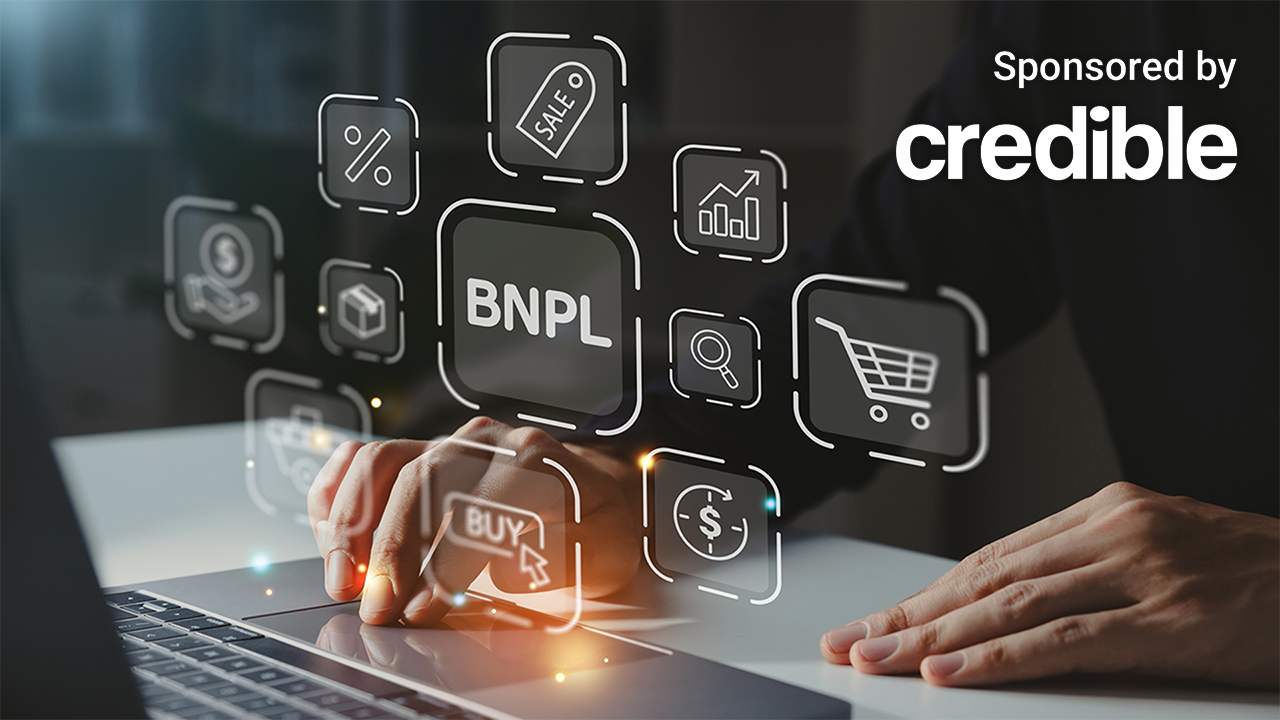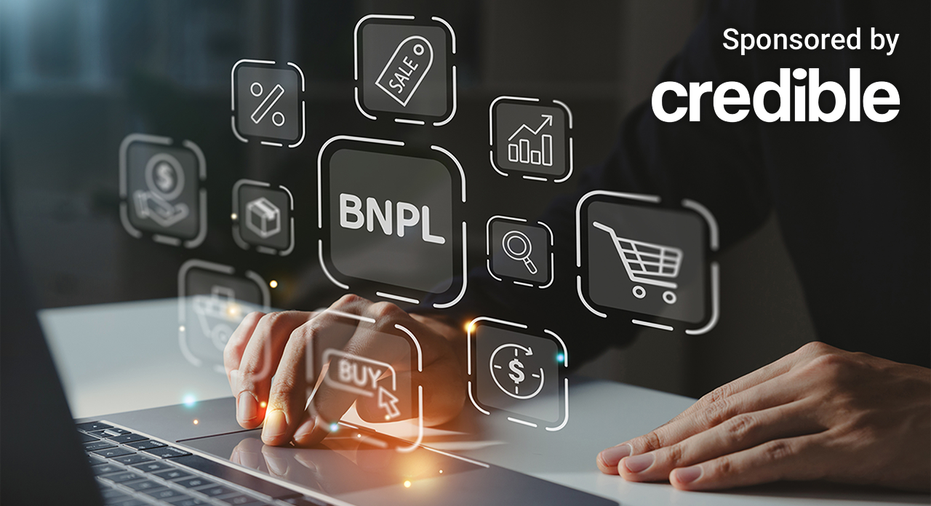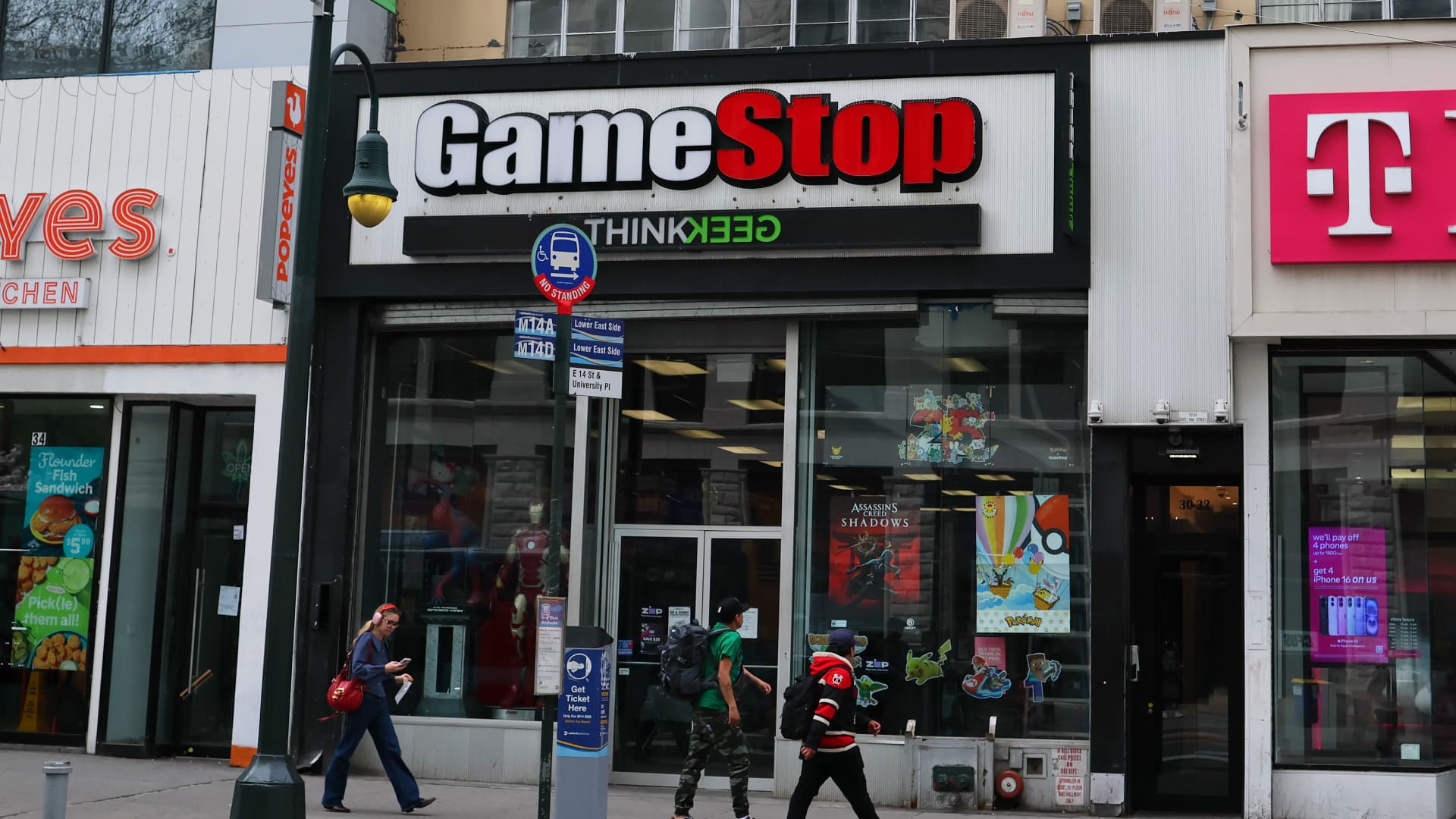One way to juggle BNPL accounts is by keeping track of them, according to a recent Achieve survey. (iStock)
A growing number of consumers who use buy now, pay later (BNPL) services and are attracted to their ease of access, but they are at risk of becoming overextended, according to a recent survey.
Over a third (34%) of respondents said they liked BNPL services because they allowed them to pay for purchases over time without paying interest, while 22% liked the option because it was easier to access than credit cards, according to the Achieve survey. Additionally, 76% said BNPL helped them improve their overall financial situation.
BNPL providers partner with retailers to allow shoppers to split the cost of their online purchases into multiple installments at checkout. Part of the appeal is that the installment payments, which typically begin within a few weeks of the purchase, are interest-free. Plus, the payment option requires no credit check or down payment, as in the case of credit cards or layaway.
However, the survey said that BNPL is sometimes used by consumers with poor credit histories who are already debt-stressed. Moreover, 78% of respondents said that it is easy to get overextended using BNPL.
“Buy now, pay later isn’t an inherently flawed financial product,” Achieve Co-Founder and Co-CEO Brad Stroh said. “But like any form of credit, consumers must use it responsibly and only borrow what they can repay. Lenders must also be responsible and intentional about their borrowers and the potential for harm inherent in the BNPL product.”
BNPL is just one alternative to credit cards. If you need help funding a large purchase, a personal loan could be a good option for you. You can visit Credible to find your personalized interest rate without affecting your credit score.
GAS, HOUSING AND CAR INSURANCE COSTS SOAR, FUELING INFLATION IN MARCH
BNPL leads to better financial outcomes than credit cards
Missed BNPL payments can result in late fees and other penalties. Financially overextended consumers who used BNPL products showed more signs of debt stress—such as higher debt levels and lower credit scores—than those without, according to the survey. However, only 16% of respondents said they’ve incurred a late fee for missing a BNPL payment, and 20% said they’ve been charged interest on a BNPL transaction.
Additionally, a separate survey by BNPL provider Klarna said that consumers who relied on BNPL had better outcomes than traditional credit card users. Roughly 96% of Klarna’s U.S. BNPL customers paid early or on time, outperforming 41% of credit card users revolving monthly. In 2023, utilizing Klarna’s interest-free Pay in 4 option, 31% of customers paid bills early, 65% paid on time, and only 4% incurred late fees. Conversely, 41% of American credit card users carry month-to-month debt.
“We still see too many of the traditional banks and credit card companies pushing products on consumers with exorbitant interest rates, hidden fees, and revolving debt,” Klarna Chief Commercial Officer David Sykes said. “It is very clear that the traditional credit card model does not work in the favor of the vast majority of customers.”
If you have taken on debt through buy now, pay later and need help paying it down, a personal loan could help. Visit Credible to compare multiple personal loan lenders at once and choose the one with the best interest rate for you.
AMERICANS TAP INTO SAVINGS AS THEY STRUGGLE WITH INFLATION: SURVEY
Three ways to effectively manage BNPL debt
More than half (56%) of the respondents in the Achieve survey said that keeping track of multiple BNPL transactions takes a lot of work. Keeping a running list of all outstanding BNPL transactions is one way to get ahead of managing your debt.
Achieve recommends that consumers note each transaction, the name of the BNPL provider, the number of payments remaining, the payment amount and how payments are made. Consumers should also consider BNPL products like any other form of credit, spend within their limit and have a repayment plan in mind before they make large purchases. They should also opt for autopay to avoid late fees for missed payments.
“Whenever possible, pay from a checking account rather than a credit card to avoid incurring interest charges for these purchases later on, just make sure you always have enough money in your account to cover the monthly payment to avoid overdrafting,” Achieve said.
If you are looking for alternative forms of credit to help fund a large purchase, you could consider using a personal loan. Visit Credible to make sure you’re getting the best rate and lender for your needs.
REPUBLICAN STATES FILE SUIT TO STOP BIDEN’S SAVE STUDENT LOAN REPAYMENT PLAN
Have a finance-related question, but don’t know who to ask? Email The Credible Money Expert at [email protected] and your question might be answered by Credible in our Money Expert column.

 Personal Finance1 week ago
Personal Finance1 week ago
 Economics6 days ago
Economics6 days ago
 Economics1 week ago
Economics1 week ago
 Economics6 days ago
Economics6 days ago
 Finance6 days ago
Finance6 days ago
 Economics6 days ago
Economics6 days ago
 Economics4 days ago
Economics4 days ago
 Blog Post5 days ago
Blog Post5 days ago













